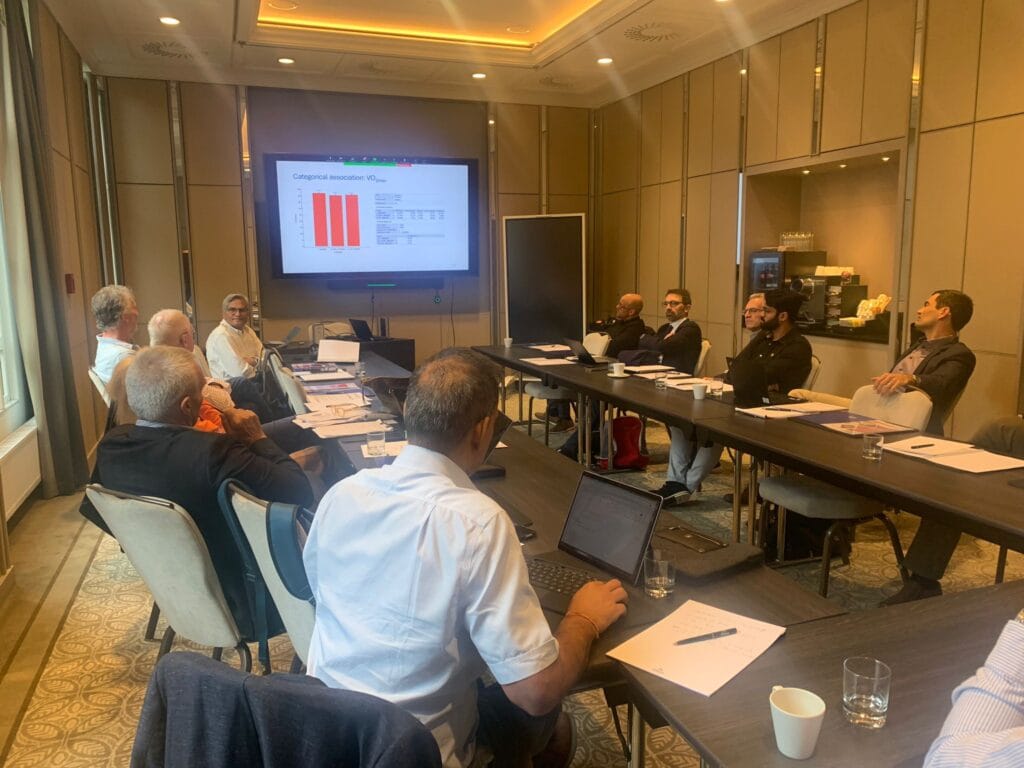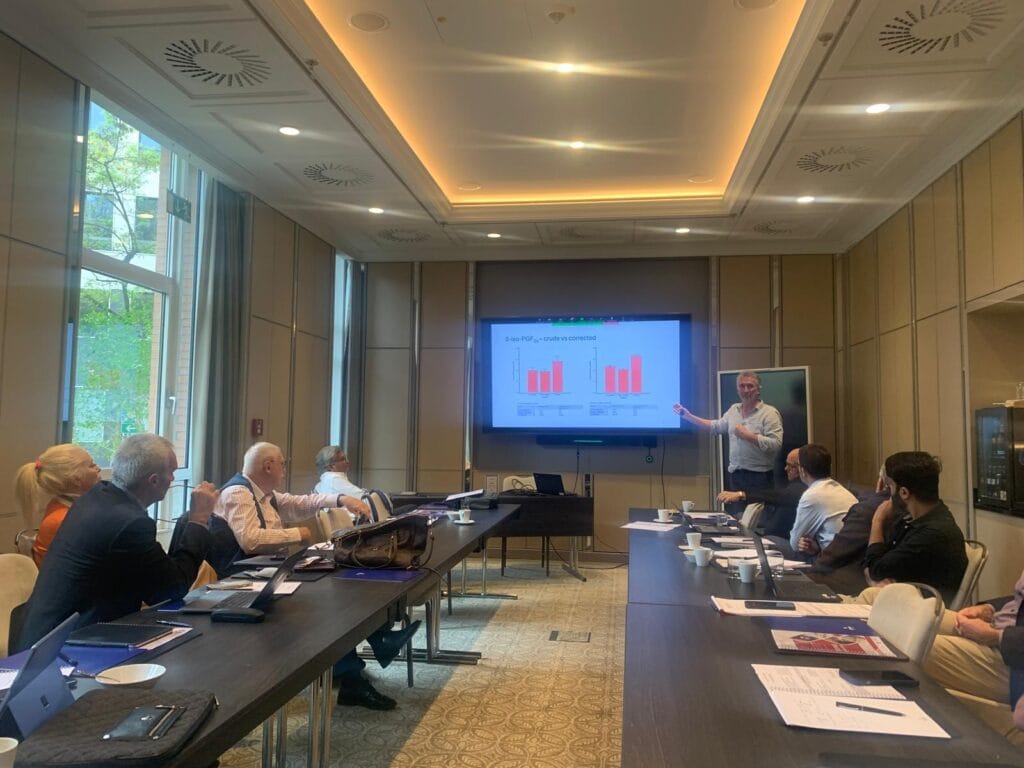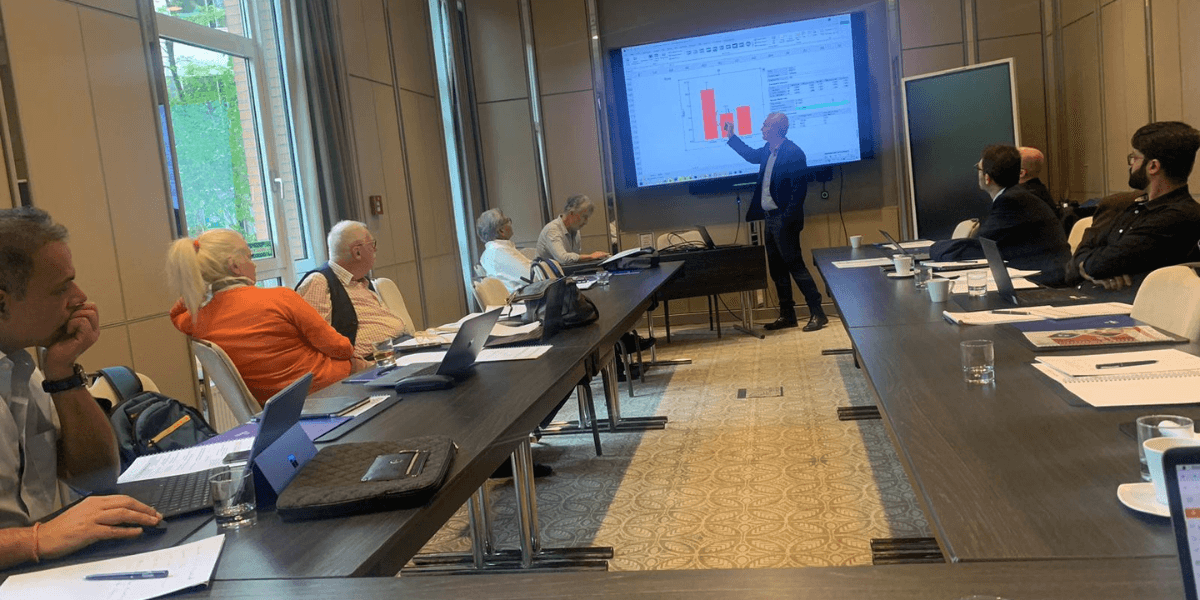Prof. Riccardo Polosa meets the international partners of the THRUST project in Munich to share and analyze the data collected so far and to strategically plan the next months.
The THRUST project is the latest initiative carried out by CoEHAR in Catania. The project, conceived and coordinated by Professor Riccardo Polosa, aims to evaluate smoking-related respiratory endpoints through innovative tools and the analysis of new biomarkers.
Considering that cigarette smoking leads to progressive structural damage and functional alterations in the lungs, the project aims to use innovative computerized imaging systems combined with artificial intelligence to detect early changes caused by smoking in the respiratory tract.

The first meeting of the THRUST project was held in Catania in the spring of this year. Over the course of one year, the research group will use specialized artificial intelligence tools to assess lung density, structural characteristics, and airway measurements through HRCT scans. To harmonize procedures, assess the data collected and set new goals, the project’s international partners gathered in Munich.
“We finally have something exciting to discuss. We are in totally uncharted territory, and what we are doing is pioneering,” commented Professor Polosa. “The idea behind the study is that we needed new endpoints to present to regulators, showing that there is a real benefit in switching or abandoning combustion. Additionally, we need data to show the early impact of any intervention that may affect the respiratory system.“
The project involves several members of CoEHAR, including Prof. Stefano Palmucci, Prof. Lucia Spicuzza, Prof. Antonio Longo, and Prof. Davide Campagna. Project partners are: Metanoic Health (the CRO that conducted the trial), ABF (the lab specializing in biomarker analysis), Prof. Jonathan Belsey, and several doctors from ASPH NHS hospital in the UK, where the study is currently underway, as well as Eclat, the university spin-off managing the study. The countries involved are Italy, the United Kingdom, and Germany.
Italian version of the article here.





